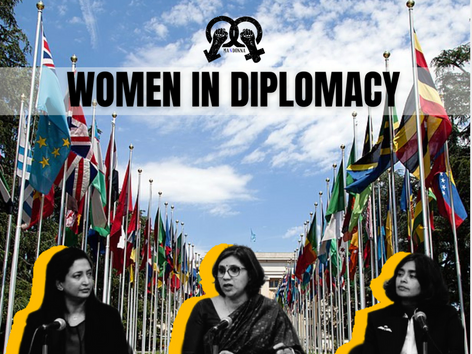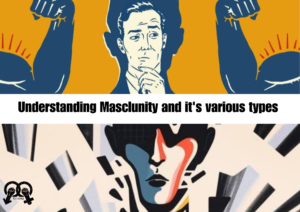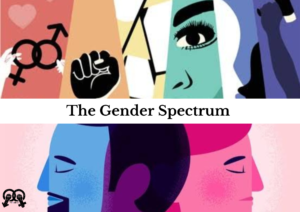Learning Outcomes:
- What is gender disparity and how it is existing today by the under-representation of women globally?
- Recognise the significance of women in international politics and diplomacy.
- How can an equitable representation be achieved?
Earlier this week, I was waiting for my Uber driver outside my apartment in West Delhi when I saw a house help carry the waste from one of the nearby apartments to the garbage truck. I couldn’t help but notice she was pregnant, and from what it seemed, she was due soon. What struck me was how women in the informal sector are often at a loss for choices that govern their health benefits. India is in its 75th year of Independence, and even today, most women who contribute to the country’s workforce are not covered under the ambits of maternity policies.

Hence, not Surprisingly and unfortunately, if things continue as they are, it will take another 130 years until women are equally represented in positions of authority as per the Women’s UN (2023).

But why women in international politics and diplomacy? Genuinely, Why?
Women represent half the potential talents and skills of humanity, and their under-representation in decision-making is a loss for society as a whole.
(First European Summit on Women in
Decision-making in Athens, 1992 (Delys, 2014))
Future steps: visualising equitable representation

To accelerate their political careers, women need communication, connection, and community.
“We must all do everything possible to ensure women are at the table, our voices heard, and our contributions valued.”

References
Beaman, Lori. “Women politicians, gender bias, and policy-making in rural India” No. id: 835. (2007).
Bigio, Jamille, and Rachel Vogelstein. “Understanding Gender Equality in Foreign Policy.” Council on Foreign Relations, June (2020).
Chinkin, Christine. “Peace agreements as a means for promoting gender equality and ensuring participation of women” (2003).
Clancy, Laura, and Sarah Austin. “Fewer than a third of UN member states have ever had a woman leader” (2023).
Delys, Sarah. “Women and political representation, handbook on increasing women’s political participation in Georgia.” Human Rights Education and Monitoring Centre (EMC). Georgia: Fountain (2014).
Didi, Zeena. “Why we need more women in politics.” Kings College London, blog post. (2020).
European Institute for Gender Equality. “gender disparities” (2023).
Free Network. “Policy brief: Women in Politics: Why Are They Under-represented”. (2021).
Hubbard, Kaia. “Around the World, the Greatest Gender Disparities Are in Politics”. (2021).
Karam, Azza, and Joni Lovenduski. “Women in parliament: Making a difference.” Women in Parliament: beyond numbers (2005): 187.
Lazarou, Eleni. “Briefing: Women in foreign affairs and international security: Contours of a timely debate.” European Parliament. (2019).
Mehrin, Sivana-Koch. “Why a woman’s place is in politics”. Woman Deliver (2018).
Rosenthal, Cindy Simon. “Gender styles in state legislative committees: Raising their voices in resolving conflict.” Women & Politics 21, no. 2 (2000): 21-45.
Schmid, Helga Maria. “It’s more than a seat at the table: why we need women in security”. (2021).
Virna, N.B. “Five Effective Ways to Involve Women in Politics”. UNDP. (2021).
Walfridsson, Hanna. “Sweden’s new government abandons feminist foreign policy.” Human Rights Watch, (2022).
Women, U. N. “Facts and figures: Women’s leadership and political participation” (2023).
Ananya Atri is an International Relations student and currently interns at the Centre for Interdisciplinary Research at her university. She has been part of Global Youth India and right now serves as the Director of Communications at NGO Cultural Diversity for Peaceful Future in Georgia. Her interest in writing for Mandonna stems from her belief in equality and inclusion.






